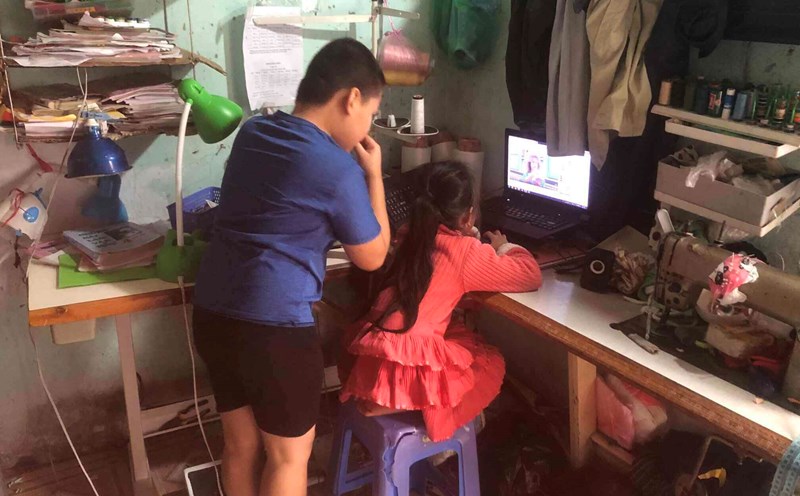On the morning of August 13, continuing the 48th Session, the National Assembly Standing Committee gave opinions on the draft Law amending and supplementing a number of articles of the Law on Education.
The draft Law aims to build an open, practical, and practical education, associated with a learning society, international integration, and maintaining national identity.
An important focus is to reduce at least 30% of unnecessary business investment conditions and 30% of costs of compliance with administrative procedures, creating favorable conditions for people and educational institutions. At the same time, the promotion of decentralization and delegation of authority is emphasized to improve the effectiveness of education system governance.
The draft amends and supplements 44/115 articles, accounting for 38.26% of the total number of articles of the 2019 Education Law, including amending 32 articles, technical amendments to 14 articles, adding 3 new articles and abolishing 21 articles.
The amended contents focus on establishing a flexible national education system, with the focus being on adding a vocational secondary school model, allowing students to both study high school and receive vocational skills training.
The draft also simplifies administrative procedures by removing the granting of junior high school graduation certificates and transferring the authority to grant high school graduation certificates to school principals.
Giving opinions at the meeting, Politburo member and National Assembly Chairman Tran Thanh Man suggested that the drafting agency continue to review and closely follow the spirit of the resolutions: Resolution No. 57-NQ/TW; Resolution No. 59-NQ/TW; Resolution No. 66-NQ/TW...; The draft Law also needs to ensure consistency with relevant laws.
The National Assembly Chairman emphasized how to focus on strengthening decentralization and delegation of authority in education management. Policies must ensure fairness in access to education and connectivity in the education system.
Strengthen the socialization of education, so that more domestic and foreign private sector can participate under the management of the state and the Ministry of Education and Training.
Along with that, perfecting general education programs and textbooks; implementing digital electrolyte education, applying artificial intelligence (AI), digital transformation in education - training.
Supplementing regulations on the legal value of vocational secondary schools; adding provisions to secure graduation data according to the Law on Cyber Security; adding an AI- integrated roadmap, aiming at automatic graduation authentication, reducing administrative costs.
Compulsory education can be expanded to junior high school from 2030; pay attention to policies to support ethnic minority children, such as teaching Vietnamese before grade 1.
Recalling some major and breakthrough policies from the 2025-2026 school year, such as: Law on Teachers; exemption of tuition fees for preschool children and primary school students; investment in building schools for border communes..., the National Assembly Chairman requested the need to propagate and mobilize parents to send their children to school, so that no one is left behind.
National Assembly Chairman Tran Thanh Man said that from the Politburo's policy, the General Secretary and the National Assembly have decided that from the 2025-2026 school year, preschools, primary, secondary and high schools will be exempted from tuition fees.
This is an unprecedented historic decision. In the world, statistics show that only about 30 countries have this policy" - the National Assembly Chairman emphasized.











